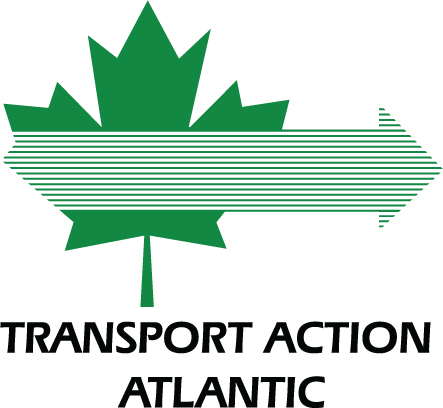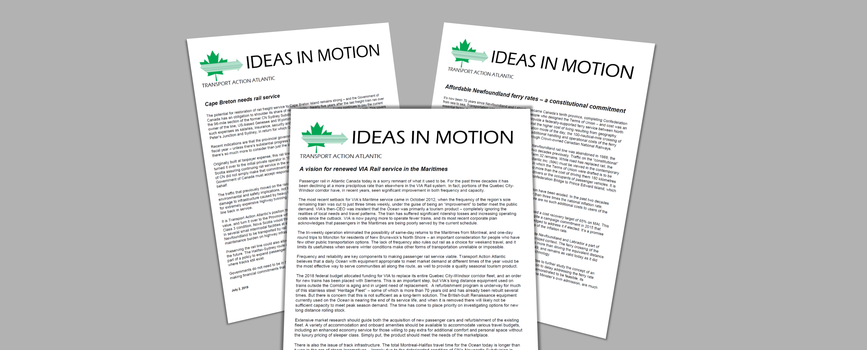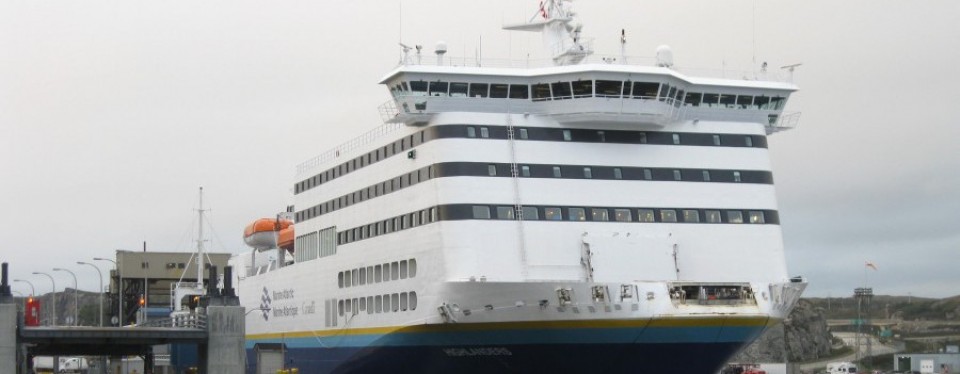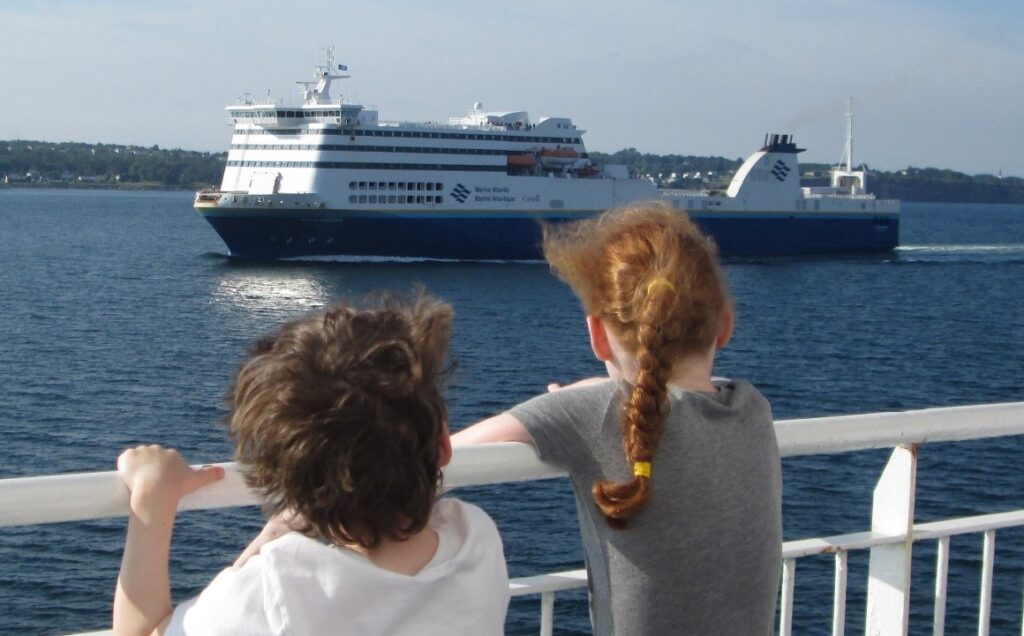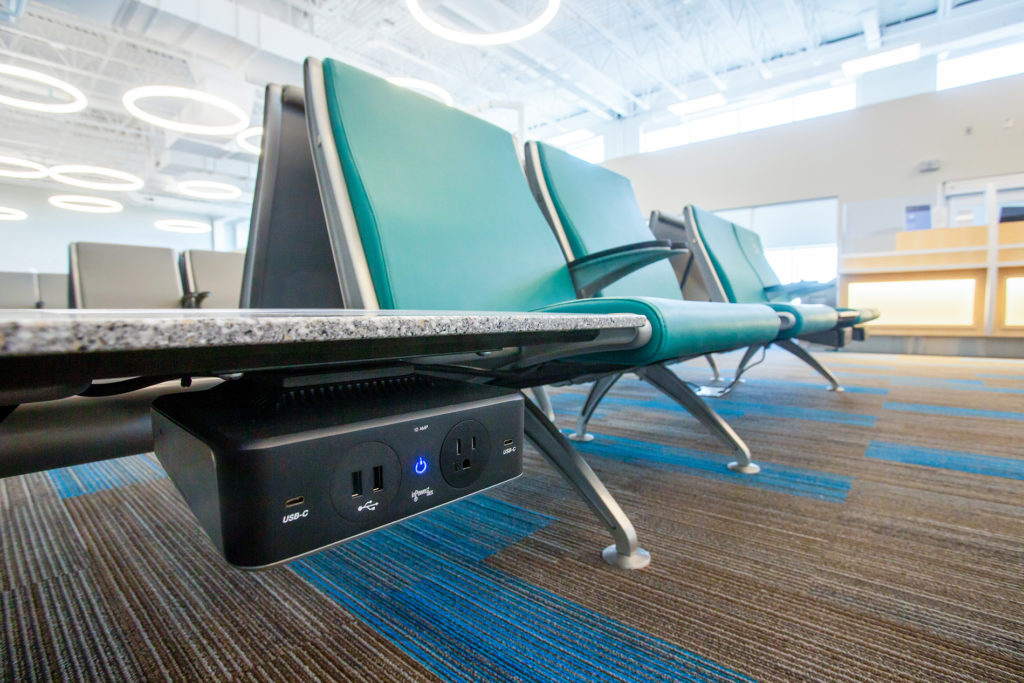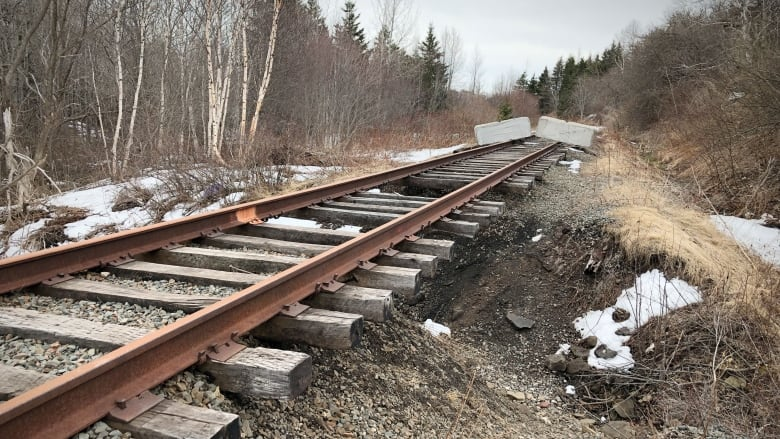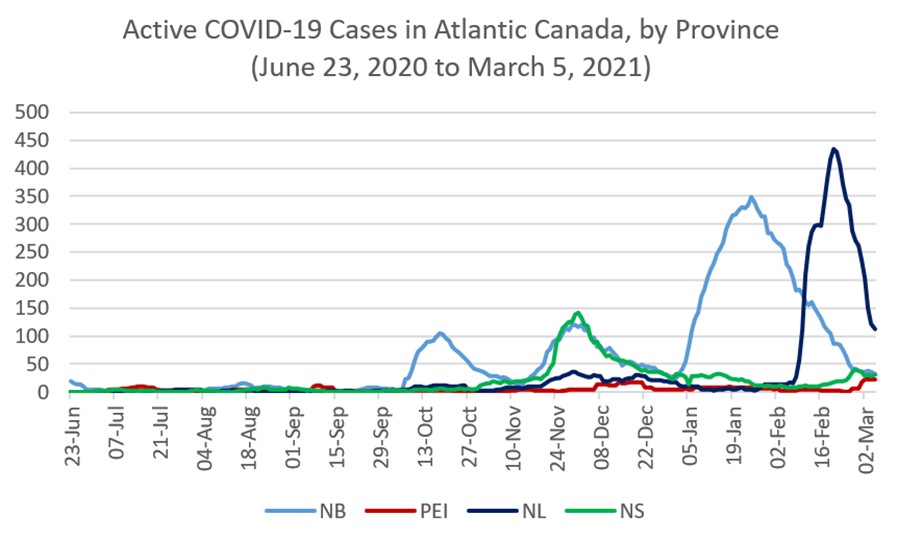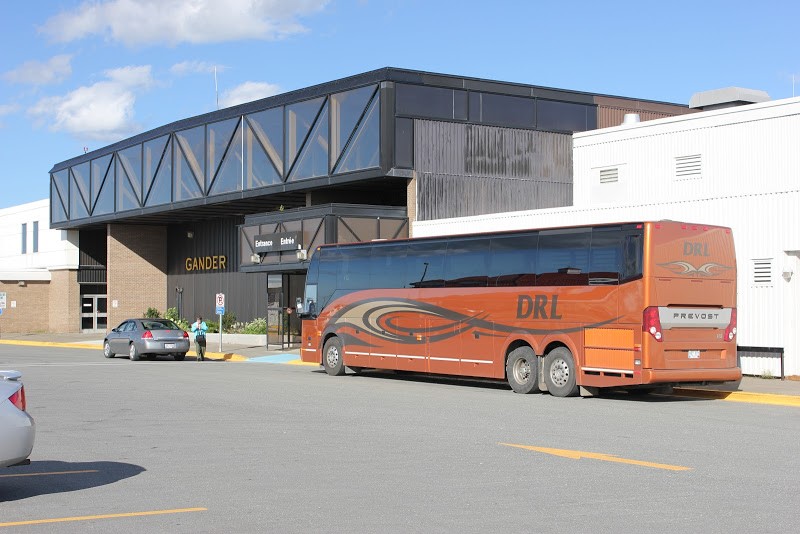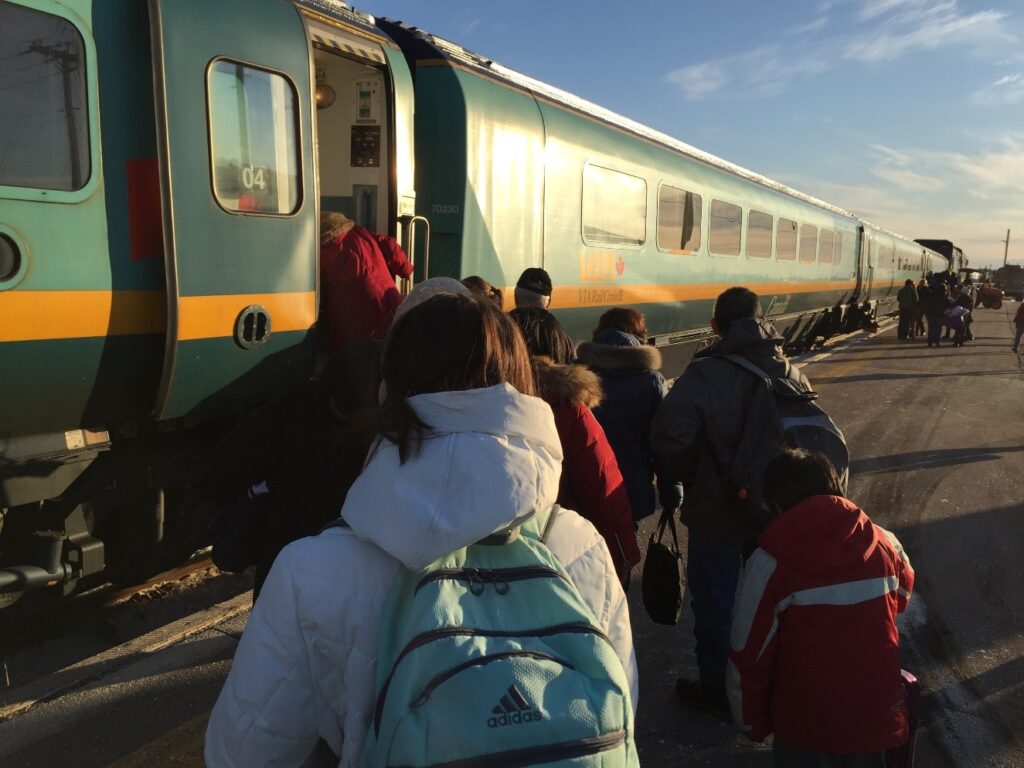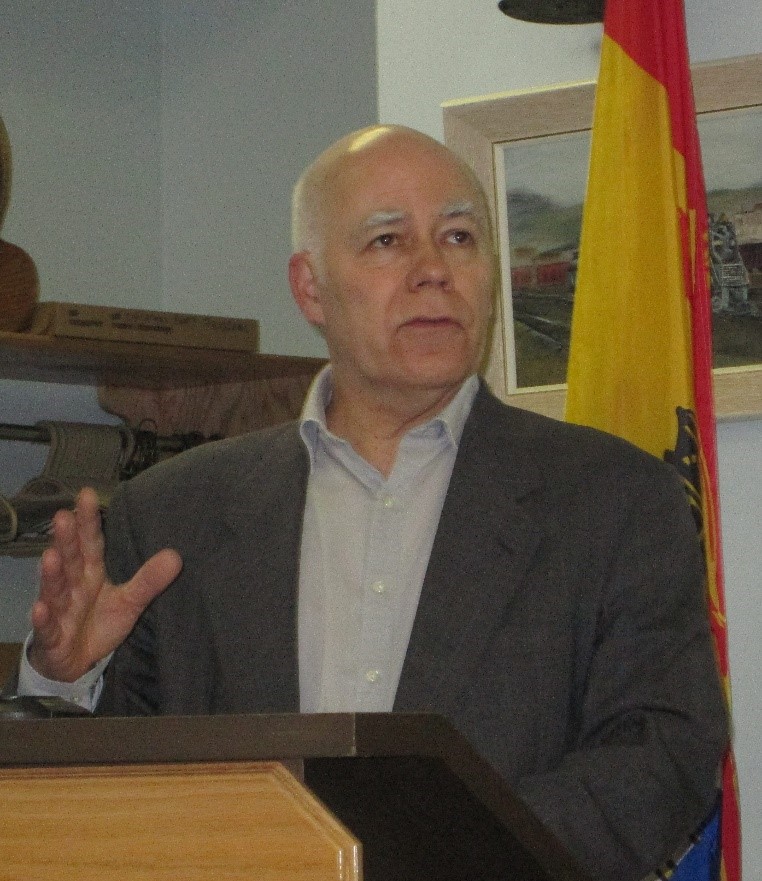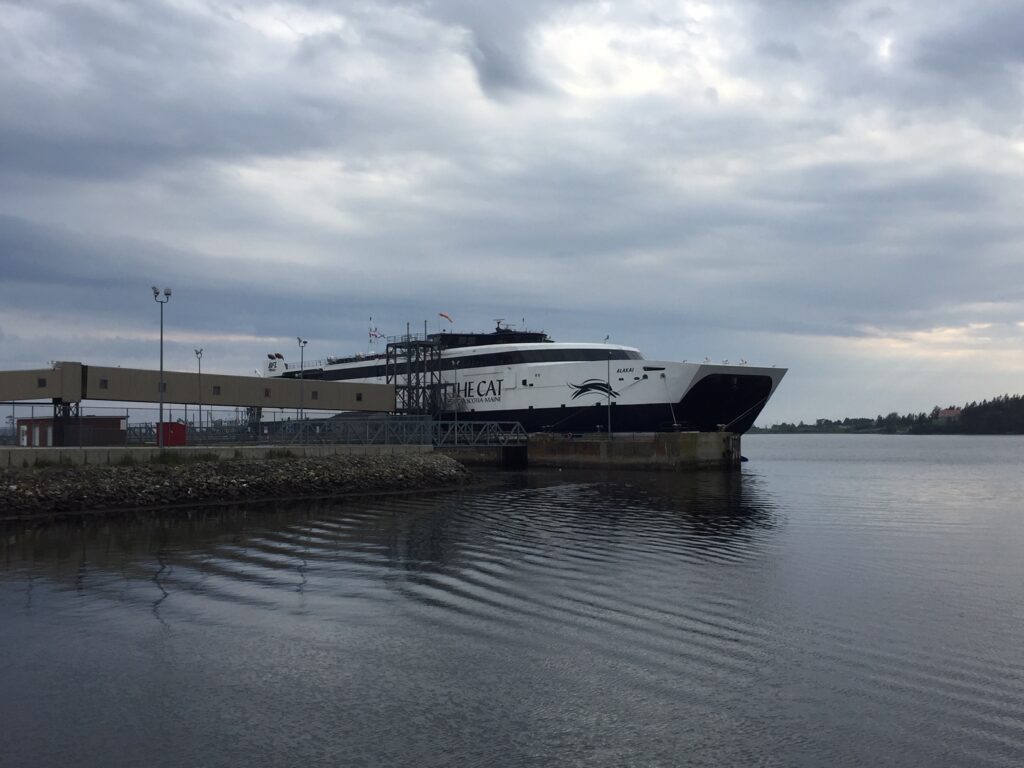Welcome to the May edition of Atlantic Transport News!
Here’s a look at what you’ll find in this edition:
- Atlantic Bubble off the agenda for now
- Trucks only on PEI ferry to start 2021 season
- Chignecto Isthmus report expected this month
- New intermodal hub proposed for Saint John
- Codiac Transpo progressing slowly toward normal
- TAA’s 2021 AGM to be held online – May 15th!
ATLANTIC BUBBLE OFF THE AGENDA – FOR NOW
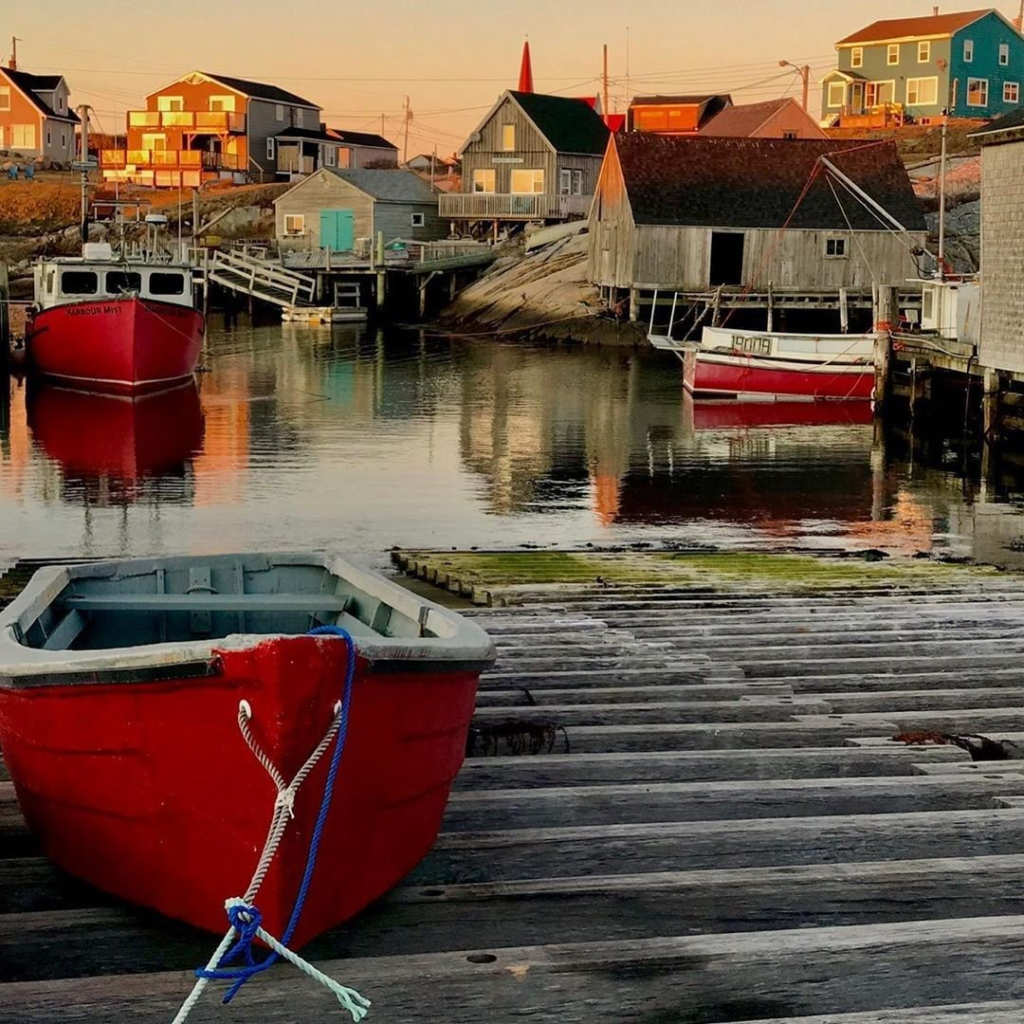
It was over before it even started. The now-famous Atlantic Bubble, designed to permit freedom of movement during the pandemic among the four Atlantic provinces without requirement to self-isolate, had been set to reopen on Monday, April 19. But COVID-19 began rearing its ugly head in the region once again, this time featuring more transmissible forms of the virus. On April 13 the Council of Atlantic Premiers agreed to delay the reopening by at least two weeks (to May 3rd) – with that date subject to change should new pandemic concerns emerge.
And emerge they did, with alarming suddenness. Faced with a record-breaking surge in new cases in Nova Scotia, the premiers quickly decided to defer any further discussion of the bubble until the threat of further outbreaks has been reduced, based on advice from the region’s chief medical officers of health. They agreed that the most recent outbreaks, accelerated by emerging variants of concern, made it necessary to maintain restrictions on non-essential travel within the region.
As of May 1, the active case count in the four provinces had soared to nearly five times the number reported at the beginning of April. Of the total 899 known cases, 713 were in Nova Scotia, up exponentially from the 24 a month previous. Furthermore, based on current trends, Chief Medical Health Officer Dr. Robert Strang was warning Nova Scotians to expect large numbers of new confirmed cases in coming days, because of a substantial backlog in obtaining test results.
Elsewhere in the region, New Brunswick’s total remained the same as on April 1 – 141 active cases. Newfoundland and Labrador stood at 33, up from just 4 a month previously, and PEI remained essentially unchanged with 12 known active cases. On the positive side, the vast majority of new cases in those three provinces were either close contacts of previously diagnosed patients or were travel-related. And even Nova Scotia’s case count on a per capita basis paled in comparison to that of Alberta – 72 cases per 100,000 people versus 289 per 100,000 in the hardest-hit western province.
Needless to say, transportation operators in the region continue to be severely impacted by the pandemic. At this writing it is unclear if the planned restart of some suspended air services would proceed on the previously announced timetable, although it was still possible to make early May bookings between Halifax and St. John’s on WestJet’s promised restored service. Fares, however, appeared to be substantially higher than pre-pandemic levels. New offerings recently announced by PAL Airlines were also still available for booking.
Meanwhile, Maritime Bus remains only a four-days-per-week operation, and VIA Rail has further extended the suspension of its Ocean until at least July 1. The train last ran on March 13, 2020. VIA hasn’t said so, but it appears a return to service is unlikely until travel restrictions between Quebec and the Maritimes are lifted.
CASE COUNT UPDATE:
As of Friday afternoon, May 7, the COVID-19 case count in Nova Scotia was continuing to soar, with 1464 active cases reported – more than double the number at the beginning of the month. A further tightening of border restrictions was announced, effective May 10th. The active case count in NL also increased to 63, with concern expressed about the impact of travel. Numbers for NB and PEI remained essentially unchanged, at 140 and 10, respectively.
TRUCKS ONLY ON PEI-NS FERRY AS 2021 SEASON STARTS
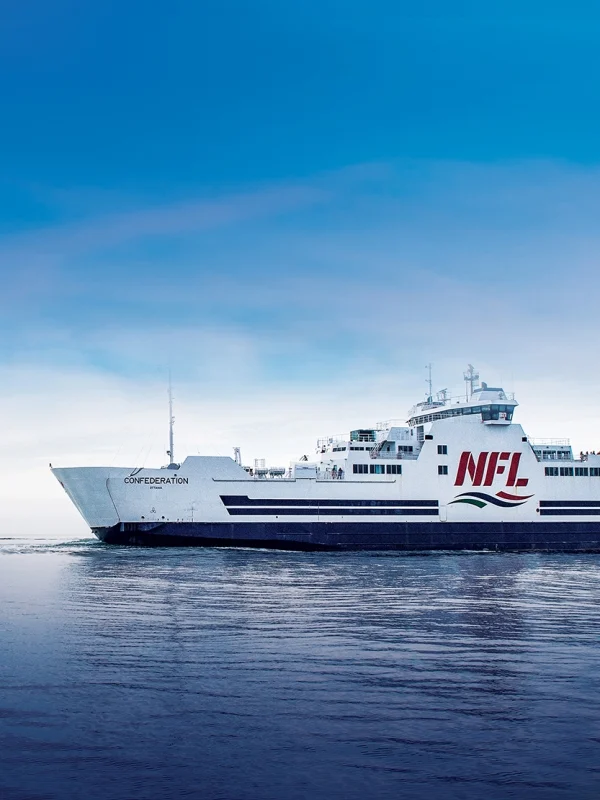
The seasonal ferry between eastern Prince Edward Island and Nova Scotia’s Pictou County will not be carrying any passengers for the first month as it commences its 2021 schedule.
“Under the guidance of the Chief Public Health Officer in Prince Edward Island and the Chief Medical Officer of Health in Nova Scotia, service to travellers other than large commercial trucks (larger than 30’ in length) and their drivers is not yet permitted,” according to a notice on the Northumberland Ferries website.
The federally-funded service has operated since the early 1940s as an alternative to the constitutionally-guaranteed route between Borden PEI and southeastern New Brunswick (originally also a ferry, that was replaced by the Confederation Bridge in 1997). It normally makes multiple daily crossings for about eight months each year, starting in mid-spring. This year, however, there will be just four return trips five days a week, with no weekend service before June.
Company vice-president Don Cormier said they anticipate the scaled-down service will handle about 400 trucks a week. Despite the restrictions, there will be limited food service on board to make it easier for drivers to deliver their loads and get back to their point of origin without need to visit restaurants.
CHIGNECTO ISTHMUS REPORT EXPECTED THIS MONTH
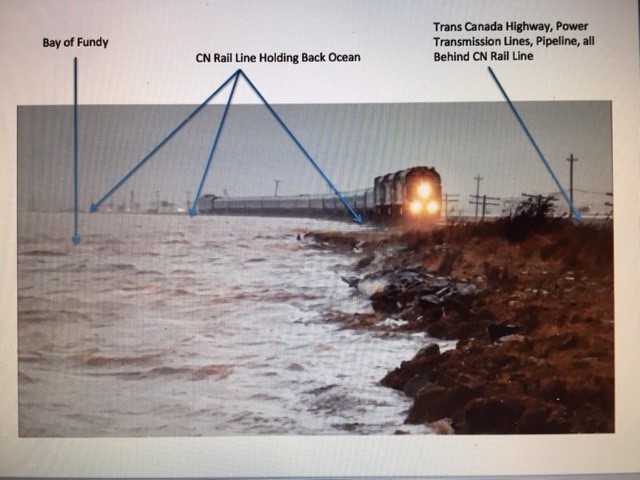
The long-awaited report on the vulnerability of the Chignecto Isthmus – the narrow low-lying land between Nova Scotia and New Brunswick – is now expected to be revealed by the end of May. The vital transportation corridor which carries both the CN Halifax-Moncton mainline and the Trans-Canada Highway is under threat from rising sea levels. During extreme high tides, the rail bed actually serves as a dyke that prevents the highway from being overwhelmed. The highway and rail line between them carry an estimated $20 billion worth of commerce each year, so it is a matter of considerable concern for the entire region. The report, commissioned early in 2020, is expected to propose several possible remedial alternatives, but the larger question will likely be how to fund the necessary work.
NEW INTERMODAL HUB PROPOSED FOR SAINT JOHN

It would seem that there’s a potent new player about to enter the domestic intermodal business in the Maritimes. J.D. Irving, Limited (JDI) is proposing to redevelop the former Canadian Pacific railyard property in the Lancaster area of West Saint John into a new intermodal and logistics hub.
The property became a part of the JDI empire when CP Rail bailed out of operations east of Montreal nearly three decades ago, and the Irvings purchased the trackage between Brownville Junction, Maine, and Saint John. It has operated ever since under the NB Southern brand. But CP has evidently had a major change of heart, and has reacquired the line from Montreal to Brownville, plus further trackage extending its reach to Searsport. The Port of Saint John is clearly important to CP these days as well, as it is shown on the map of destinations served.
“This is an exciting growth opportunity for Saint John and the community,” says Wayne Power, Group Vice President, Transportation and Logistics, with JDI. “As intermodal transportation continues to grow, regions with robust and connected intermodal transportation networks will be in a strong competitive position and will enjoy the economic benefits that come along with that.”
According to a media release, the project is expected to reduce long-haul trucking, lowering New Brunswick’s carbon footprint, while creating 17 full-time railway positions and 30 full-time short-haul driver positions. Aligned with the Port of Saint John Modernization Project and City of Saint John’s goal to be a global transportation hub, the proposed logistics park would also improve supply chain and competitiveness for local industry.
It would appear that CN will soon have some serious competition in the domestic intermodal business. We expect to have further details in next month’s newsletter.
CODIAC TRANSPO PROGRESSING SLOWLY TOWARD NORMAL
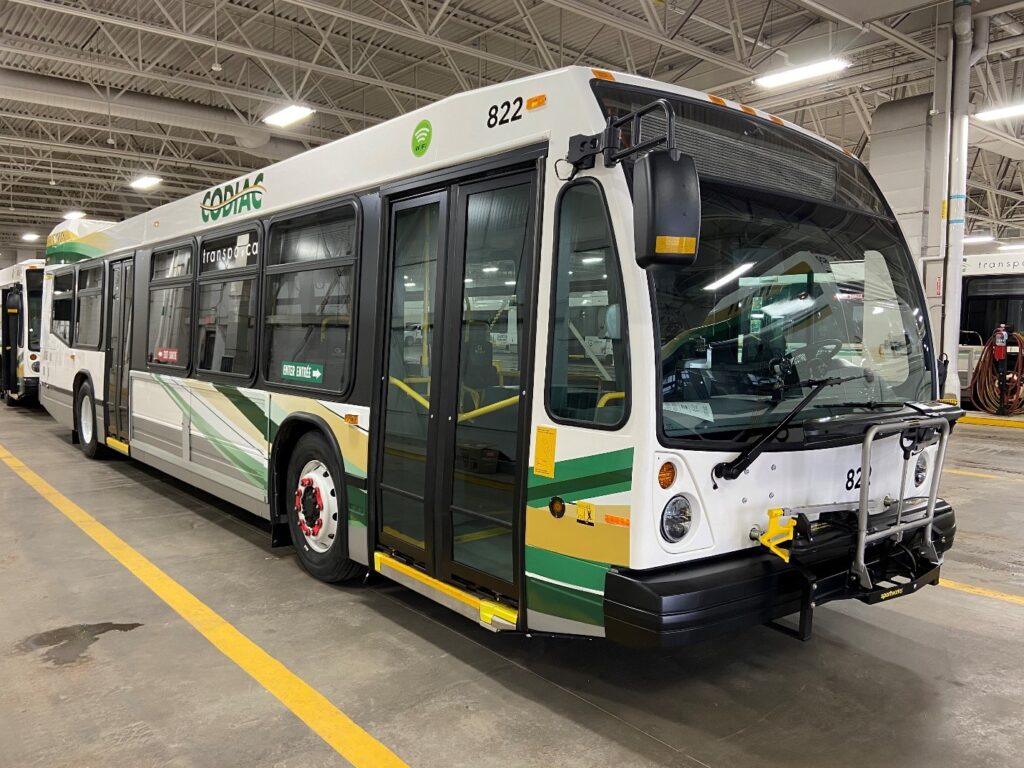
Service levels at Greater Moncton’s Codiac Transpo will soon take another step toward full service restoration, with the addition of 65 service hours per week. The changes will restore service to 75% of pre-pandemic levels by early June.
Moncton City Council unanimously approved the “phased approach” which will add midday service on feeder routes where there is presently a gap of several hours. The Amalgamated Transit Union, although pleased at the added service hours, wants the return to full operations accelerated further. The ATU believes actual ridership is currently higher than Codiac Transpo data indicates, because less than half the fleet have traffic counters installed.
Meanwhile, the transit agency has made a number of routing changes in recent month in its effort to increase ridership and better serve the tri-communities. Operations manager Alex Grncarovski says the biggest step has been the creation of a single through route from the Champlain Place in Dieppe to Plaza Boulevard in Moncton’s north end, operating on a 13-minute headway for 16 hours each day, Monday through Saturday. Mr. Grncarovski, who previously worked for the Toronto Transit Commission, describes it as a “big city model on a small city budget” with a high-frequency trunk line interfacing with feeder routes resulting in faster service overall. Three former separate routes have also been combined into one, on a 30-minute headway. He says early numbers have been quite positive, although he acknowledges that people will need time to wrap their heads around the new schedules.
TAA’s 2021 AGM TO BE HELD ONLINE

COVID-19 has once again required Transport Action Atlantic to resort to technology for its annual general meeting. In accordance with ongoing public health precautions, this year’s AGM will be held virtually using the ZOOM platform on Saturday, May 15, beginning at 1400.
The agenda includes annual reports and financial statements, appointment of an auditor, election of a board of directors, and any other business that may arise.
Current members of Transport Action Atlantic may nominate (with their consent) any other member in good standing for a position on the board. It is the board’s responsibility to choose the executive officers. Nominations should be made in advance of the meeting, and may be submitted by mail to the TAA Nominating Committee, P.O.Box 268, Dartmouth NS B2Y 3Y3, or by e-mail to donlinmacleod@ns.sympatico.ca.
Besides the required business, there will be a number of presentations focusing on critical public transportation issues in our region, with ample opportunity for questions and discussion. TAA members for whom we have an e-mail address will automatically receive an invitation to the meeting. As always, our AGM is open to the general public and the media, and anyone interested should request credentials by e-mail to atlantic@transportaction.ca.
